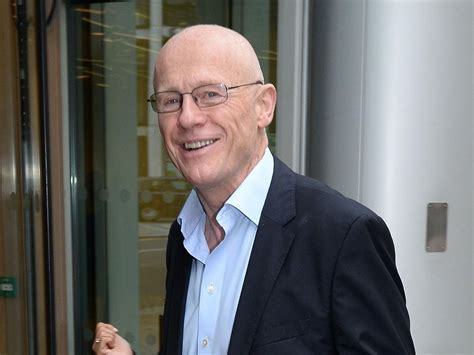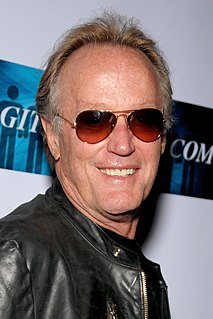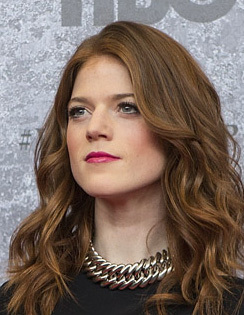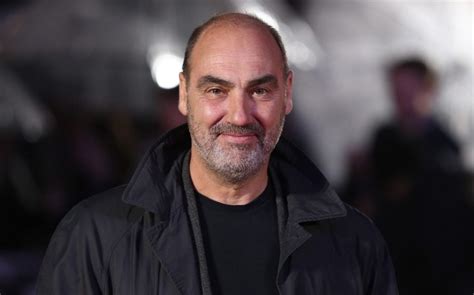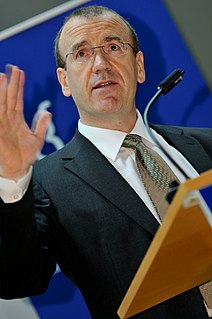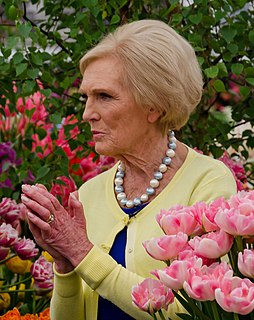A Quote by John Caudwell
Mine was quite a working-class childhood with very little money, and my father was out of work a couple of times, which had quite a traumatic effect.
Related Quotes
We were very - we were a working family, and my father had this very simple philosophy, simple working class approach. If you spoke to my father and said, "Mr Smith across the road, what do you think of Mr Smith?", he'd only - he'd only say a couple of words. He'd say, "He's a worker", and that meant this bloke got up in the morning, went out, worked, brought his money home, fed his wife and kids, housed them, got them to school, educated them, made sure they were safe and all that. It had so much connotations to it.
For the first time in my life I tried whale. It was very chewy and quite fatty. My friend had had whale before, so I knew it would be quite blubbery. It was delicious. I loved it. It was smoked, so it had a lovely kind of tangy taste to it. We had it a couple of nights. I was won over. It was very yummy.
Well I liked the mixture actually. It's really good fun to have throughout a shoot to move from something which is quite character based in certain scenes where there's very little action and you're just working with actors and I suppose I've had quite a lot of practice at that. This is more action than I've had a chance to do so that was fun for me too to go into the action then and have some really good crew working with me. And sometimes you get these scenes where they blend.
Having children is the greatest thing that can happen to you as a husband and wife. They are infuriating at times when they're little, but on the whole, they're such a joy. I don't think I was the most brilliant mother when they were young. I had quite a bit of help because I was working and I enjoyed my work.
Being someone who had had a very difficult childhood, a very difficult adolescence - it had to do with not quite poverty, but close. It had to do with being brought up in a family where no one spoke English, no one could read or write English. It had to do with death and disease and lots of other things. I was a little prone to depression.
I was so lucky because I started working very young. And my father was very wealthy and I didn't need to work. I did my films. I was very well paid for my age, and I could make choices, decide not to do a film for six months and wait until I'd get the right thing. Which made me quite a coward, you know. It's so easy to say no to stuff, and then, after a while, it's very hard to go back in.
I could take the greatest deal-makers of all time and they've always had something that didn't quite work out. You never want to put yourself in the position where something not working out is bigger than what you are and therefore takes you down. It's got to be in smaller chunks. In all cases, I want to learn something from things that didn't quite work out and learn, so that it doesn't happen again or so that in the future, you make great decisions. You don't want to make the same mistake twice and you have to learn that early on in your life.
